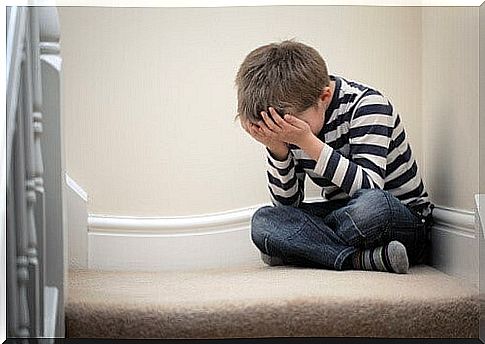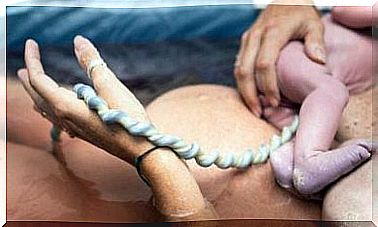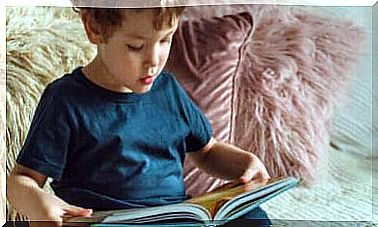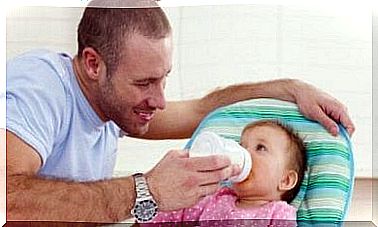How To Fight Anxiety In Childhood

Most people think that children are always happy and that “they have nothing to worry about”. However, that is not entirely true.
Statistics show that up to 20% of children suffer from some type of anxiety in childhood.
What causes anxiety in childhood?
There are different types of anxiety that occur for different reasons. Having basic knowledge about anxiety can be helpful.
Caregivers should provide all the essential tools for children, to help them channel their emotions in a healthy way.
The causes of anxiety in childhood depend on the age of the child. Here are some typical causes of childhood anxiety:
- Physical or mental abuse.
- Conflicts between parents.
- Sudden failure of a parent.
- Traumatic experiences of all kinds.
- Financial problems.
- Too big a responsibility.
- Sudden changes in a child’s daily life, such as changes in house, birth of a new sibling, or death among close relationships or those they love.
- Lack of routines and order. This includes constant changes in their sleep or eating patterns.

- Lack of contact with one or both parents.
- Unpleasant situations at school.
- Lack of clearly identified boundaries.
- Lack of physical activity.
- Overconsumption of sugar.
- Exhaustion and fatigue due to many activities during the day.
- Lack of self-confidence or self-esteem.
- Anxiety that the parents will divorce.
Parents or caregivers are responsible for identifying the cause of the child’s anxiety. They are also responsible for finding a solution.
Reservations that can be taken to combat anxiety
1. Avoid guilt
It is typical for parents to feel nervous if their child is suffering from anxiety. It may sound ironic, but it happens. Some parents even begin to feel guilty when they discover that their child is suffering from anxiety.
Guilt does not help and therefore it is best to avoid it. Acting when you feel guilty can make parents make bad decisions. It is important to differentiate between responsibility and guilt in order to start making the necessary reservations.
2. Tal
It may seem obvious, but not all parents do. It is important to let the child ventilate. Actively listen to what they have to say so you can understand their feelings.
Do not force your child to speak. It can have the opposite effect. You do not have to give long sermons or dialogues about what should be done to encourage dialogue.
Parents simply need to establish a bond that allows their children to feel free to express themselves.
“People who take care of a child need to contribute all the essential tools that can help the child channel his emotions in a healthy way.”
3. Be a good example
Children learn to deal with their emotions, and face problems, in the same way that parents do. Therefore, we must behave as role models: we should deal with stressful situations the way we want to see our children do.
Kost
An excessive intake of sugar can change a child’s behavior. Children have, naturally, a lot of energy. If they get more sugar than their body can process, they will lose control.
Furthermore, the child may not have room to burn all the extra energy.

5. Do not be too demanding
Parents should know that their children are not perfect. It is important to let them know that you love them, despite the mistakes they make.
Being too demanding can create a lot of stress in a child. The typical example of this is when parents can be too demanding according to a child’s grades.
This can also be the case with sports. Children who feel they have to be perfect, or the best, are more likely to suffer from anxiety.
6. Love
How can we give our children the tools they need to deal with stressful situations? In order for a person to handle stressful situations, they need to feel capable of it. This is closely related to self-esteem.
In order for a child to have confidence in themselves, they need to feel the unconditional love of their parents. Parents should not only show affection when celebrating the achievement of something.
We should be affectionate in all situations, and spend time together so they know how much we value them.









